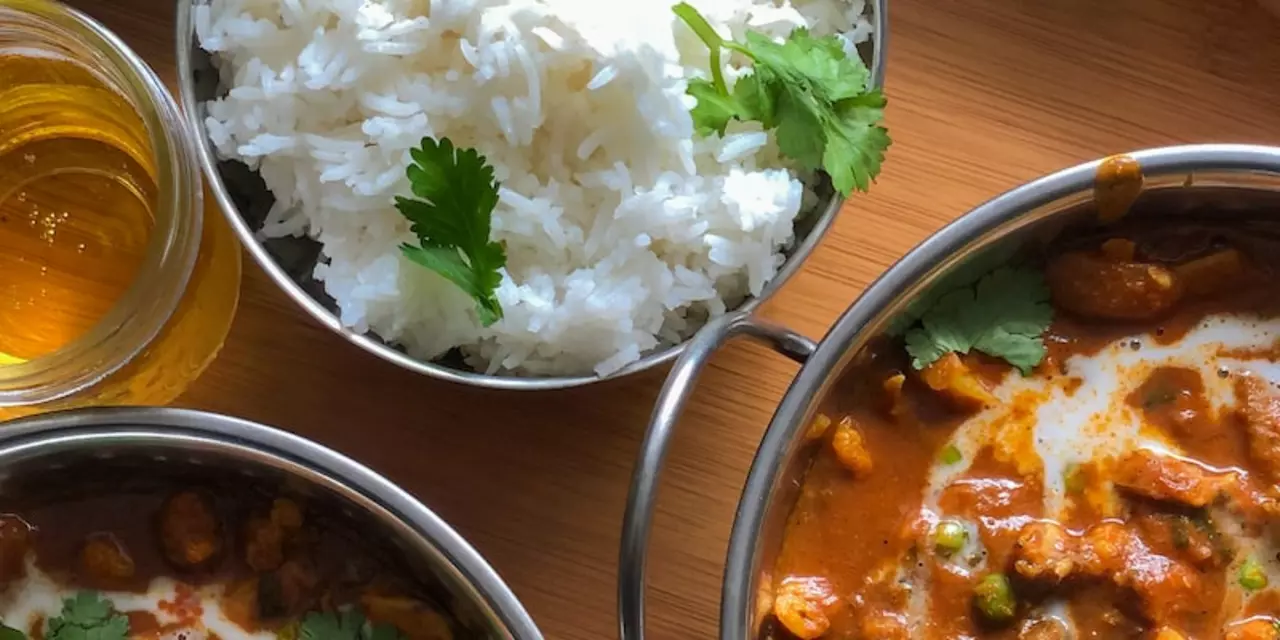Stereotypes – What They Are and Why They Matter
When you hear a single, oversimplified idea about a group of people, you’re dealing with a stereotype. It’s a shortcut our brain takes, but that shortcut often tells us the wrong story. On this tag page you’ll find posts that pull apart those shortcuts, show where they come from, and explain how they affect everyday life. Whether it’s about gender, culture, or any other identity, each article gives a clear look at the myth versus reality.
Understanding Common Stereotypes
One of the most common stereotypes is the idea that all people from a certain country behave the same way. For example, many think Europeans are always punctual or that Americans never eat anything but fast food. These ideas sound simple, but they erase real differences and can lead to unfair judgments. Another frequent stereotype targets gender: assuming women are naturally nurturing or men are always tough. These tags break down the origin of such beliefs, show real‑world examples, and let you see how they shape interactions at work, school, and online.
Breaking the Mold: Ways to Challenge Bias
Want to stop letting stereotypes guide your thoughts? Start by questioning the first impression you get. Ask yourself: “Where did I hear this?” and “Is there evidence that proves it?” Talk to people who belong to the group you’re curious about and listen without trying to fit their answers into a pre‑made box. The posts under this tag also share practical steps like diverse media consumption, active listening, and checking facts before sharing a story on social media. Small habits add up to bigger change.
Reading these articles gives you more than just facts; it offers a toolbox for healthier conversations. You’ll see how stereotypes can hurt mental health, limit opportunities, and keep societies stuck in old patterns. At the same time, you’ll learn stories of people who push back, succeed despite the labels, and help others see beyond the surface. The goal isn’t to win an argument but to build empathy and better decisions.
Take a look at the list of posts linked to the “stereotypes” tag. You’ll find a mix of sports commentary, social media analysis, historical questions, and personal experiences—all tied together by the theme of challenging assumptions. Dive in, pick a story that catches your eye, and see how a simple shift in thinking can open up new perspectives. The more you read, the easier it becomes to spot and discard the old shortcuts that hold us back.
